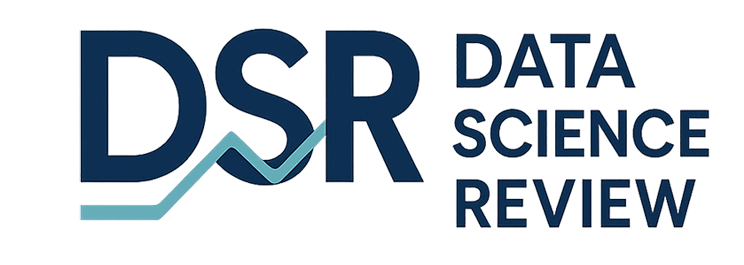
For July 18, I ran the simulator and found results that didn't seem quite right. Upon investigating I realized that I goofed with OOTP and found something interesting. It turns out this goof had better results that the regular run parameters that I have been using. One observation doesn't make a trend, of course. But, it did prompt me to add this dynamic to the experiement going forward.
If you are not familiar with the experiment, use the following thread to learn more:
How I Goofed When Running the Simulator
I went through all the simulations for the day. This means I get a list of the games that will be played for that day and run the simulations for those games. The assumptions I use for this experiment can be found here:
https://datasciencereview.com/the-start-of-baseball-season-2019
I noticed some game predictions that seemed out of place. But, this is nothing new and the simulator has a track record of about 60% predictions.
I did postpone the simulation for a little while due to the wrong assumptions that I was running the simulator under. But, that is not the goof I speak of in this article. You can see the result of a Reddit forum on why my assumptions were wrong:
https://www.reddit.com/r/OOTP/comments/cauasz/why_i_postponed_my_daily_ootp_simulations/
As you'll read, this became a lively discussion, but the people of the forum were all professional and respectful. It's the way forums should be. One of the participants in the forum convinced me that I ended the experiment too soon, and I agree. Therefore, I am taking it up again and running it without the assumption that the software learns with artificial intelligence.
After I decided to start the experiment again, I ran the simulations for July 16. The results of the predictions after the games were played were 40% correct predictions. I have had low rates before, but this sparked my interest anew and I ran the simulation again the next day (17th). The results climbed back to 57%, near that 60% mark.
Here is where the goof occured -> When I ran the predictions for July 18 games, I discovered that I had not included the Live update option.

The games were being run as if it were the first day of the simulation, which is March 18th. It was too late to run the simulation with a live update for the 18th because it was the 19th. I am uncertain if the game gives the option of getting the live update for dates in the past, so I let it ride. I figured one bad run won't make much of a difference.
I almost skipped over updating the scores for the July 18 games when I saw them published on the 19th. I figured it was a bogus run so why bother? But, I decided to go ahead and update those scores, and that's when I discovered something interesting. The predictions were 84% correct! The simulator only missed two of the games.
This prompted me to alter the experiement going forward. I am going to run the simulator from the base line date (March 18) and with the live updates. Each day that I manage to run the simulator, I'll compare the results and I'll see how well the live update matters when making predictions.
I can't promise I'll run it every day from now until the end of the season, but I will run it frequently. Also, I will probably only publish my findings on a weekly basis, as a daily basis will be too granular for reading purposes.
July 19 Games with Both Simulations
July 19 represents the first date that I ran both with live update and without. When I updated the scores for both, the base line simulations beat the live update simulations by 7%.
It is too early to draw any conclusions from this. I get that. Still, it is something I never would have suspected would happen. Otherwise, it is something I probably would have included in the experiment to begin with.
Want Your Own Copy of the Latest Version of Out of the Park Baseball? I am authorized to sell this software and you can obtain your copy here. If you purchase through this website, I will receive a commission. The price is not affected by this arrangement and it helps in a small way to keep this website rolling. Besides, it's a fun game to play!

